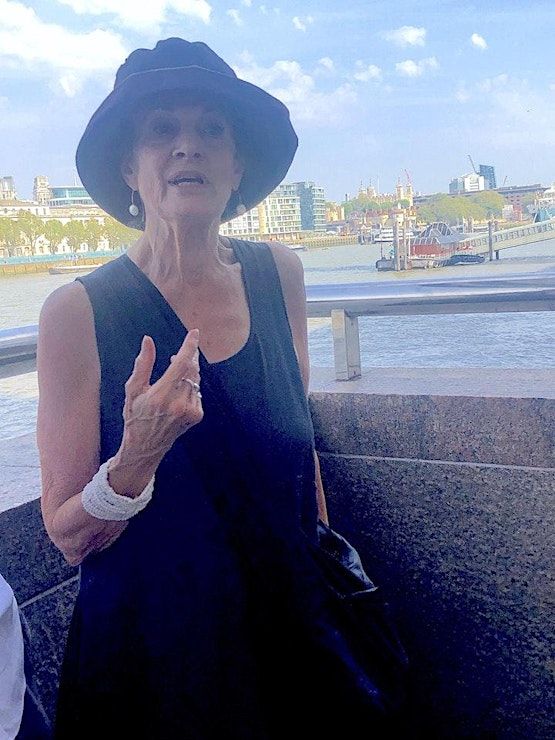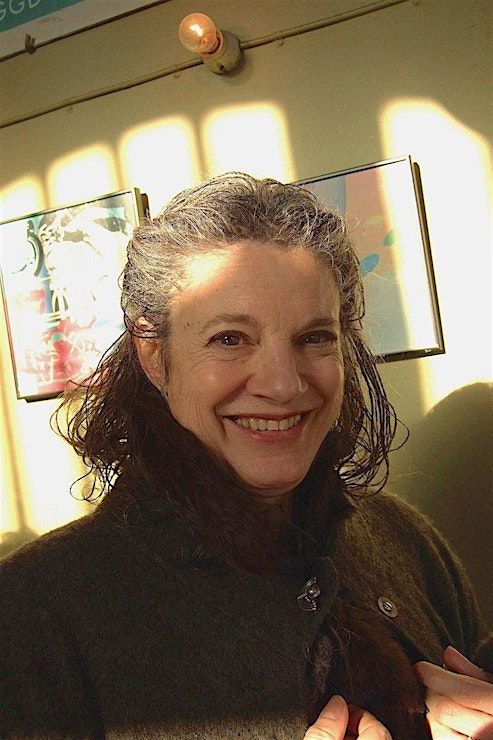 From WWII Brixton is a centre for black Britons as well as South London fairies, squatters, poets, Latin American migrant entrepreneurs
From WWII Brixton is a centre for black Britons as well as South London fairies, squatters, poets, Latin American migrant entrepreneursAbout this Event
An innovating commercial area in the late 19th century, Brixton after World War II became a hub for arrivals of the Windrush generation. Many were initially housed in the Clapham South Deep Shelter and interviewed for jobs on Coldharbour Lane. Railton Road became an activist thoroughfare not only for Blacks but for Gays in the 1970s - South London Fairies and Gay Liberation Front. Activists like Olive Morris made squatting an act of liberation, too, living near the collective who produced Race Today - Darcus Howe and Linton Kwesi Johnson among others, supported by CLR James.
The riots of 1981 are reflected in the cityscape, and a monument in Windrush Square honours Cherry Groce, victim of police shooting in 1985. A statue of international activist Claudia Jones, publisher of The West Indian Gazette, now stands outside the Black Cultural Archives, and Commonwealth soldiers are celebrated in a war memorial designed by Jak Beula, originator of Nubian Jak blue plaques. Has Brixton been changed by housing prices and gentrification? Of course, but the story isn't so simple. Latin Americans have a stronger presence than ever along the Brixton Road, and some older businesses are still strong in the market arcades. Attempts to make a 'cultural quarter' compete with the old roughness - it really couldn't be more interesting than it is right now. The murals and street art alone are worth the walk. And the food! More options than ever, whether African, Caribbean or Rest of World - have a bite after the walk.
And Ziggy is not forgotten...
The Naked Anthropologist is Laura's longtime blog, now dedicated to historical walks that highlight issues of Gender, Sex and Class.


Event Venue
Pavement outside Brixton Tube Station, Brixton Road, London, United Kingdom
GBP 15.00












